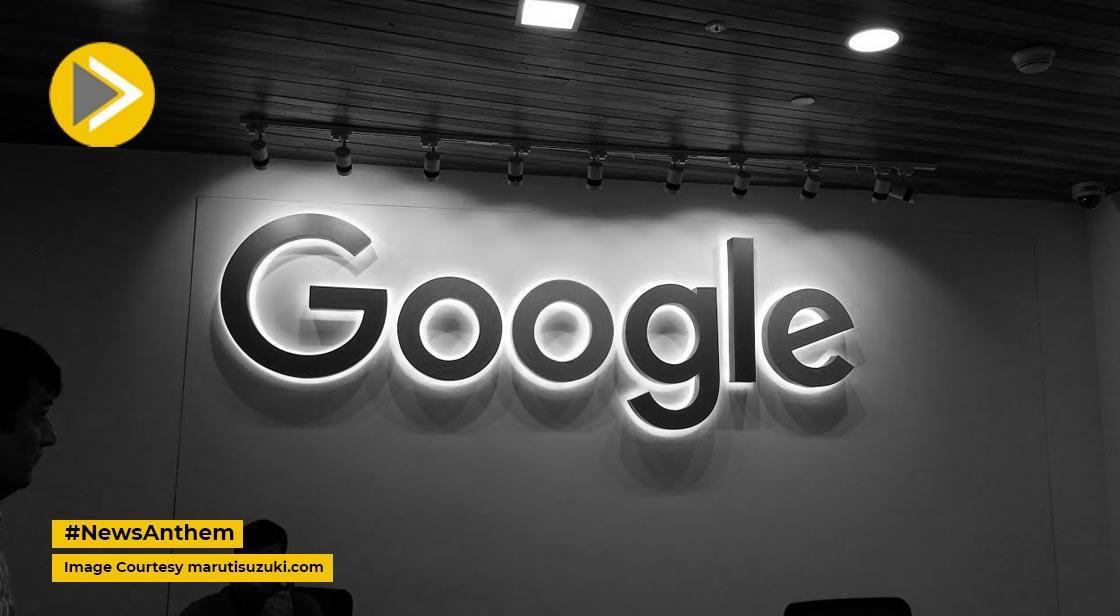Why Google is Paying AI Employees Not to Work — And Why That’s Sparking Backlash

News Synopsis
With leading tech giants like Meta, OpenAI, and Google unveiling increasingly sophisticated AI models almost weekly—Meta’s Llama 4, OpenAI’s latest image-generation feature for GPT-4o, and Google’s Gemini 2.5 Pro—the race to hire and retain top AI researchers is more competitive than ever.
But amidst this fierce rivalry, Google has adopted an unconventional strategy: it is paying certain DeepMind employees not to work—literally. And no, this isn’t a sabbatical or a performance bonus.
Why Are Employees Being Paid to Stay Idle?
According to a report by a news agency, these employees are bound by noncompete agreements—legal contracts that prevent them from joining rival tech firms for a specific period after leaving Google.
In some cases, this restriction can last up to a full year. And during this time, even though they’re unable to contribute to AI advancements elsewhere, Google DeepMind continues to pay their salaries.
On the surface, this might sound like a sweet deal—being compensated while not working. But for many AI professionals, it’s more of a professional setback than a vacation.
Career Stagnation in a Fast-Moving Industry
AI is evolving at breakneck speed. Every week brings new breakthroughs, tools, and startups. Being on the sidelines—even for six months—can mean falling behind in a field where momentum is everything. For ambitious researchers, enforced career pauses are frustrating, and sometimes even damaging.
This issue gained more attention when Nando de Freitas, Microsoft AI VP and former DeepMind executive, raised concerns in a March 26, 2025 post on X (formerly Twitter).
“Above all, don’t sign these contracts,” he warned. “No American corporation should have that much power, especially in Europe. It’s abuse of power, which does not justify any end.”
According to de Freitas, DeepMind employees often reach out to him for advice on escaping these agreements or securing roles at other firms to break free of their stagnation.
What Is a Noncompete Clause – and Where Is It Legal?
In California, noncompete agreements are illegal. However, in the United Kingdom, where DeepMind is based, such contracts are enforceable if they are deemed reasonable and balanced. This legal grey area gives companies like Google room to implement noncompete clauses to protect sensitive information and high-stakes projects.
A DeepMind spokesperson told :
“We only use noncompetes when required, particularly for employees working on critical or sensitive initiatives.”
Still, many experts argue these agreements may be doing more harm than good. In an era where AI breakthroughs are measured in weeks, even a few months on the bench can severely dent a researcher’s relevance and opportunity.
“That’s Forever in AI”: The Industry Reacts
One former DeepMind employee summed up the sentiment succinctly:
“Who wants to sign you for starting in a year? That's forever in AI.”
This quote encapsulates the frustration felt by many in the community. With startups booming and companies like Microsoft and OpenAI expanding rapidly, AI professionals are eager to stay in the game—not wait on the sidelines, even with a paycheck.
Noncompete Clauses: Safety Net or Shackle?
The Case for Noncompetes
-
Protection of proprietary information
-
Defense against knowledge transfer to rivals
-
Strategic control over key talent flow
The Case Against
-
Slows innovation
-
Delays career progression
-
Raises ethical and legal concerns in fast-paced sectors like AI
Conclusion
As the global race for AI supremacy intensifies, Google's decision to keep some DeepMind employees on payroll while preventing them from joining rivals has sparked a wider debate around noncompete agreements.
While the tech giant maintains that such clauses are necessary to safeguard critical intellectual property, critics argue that they hinder innovation and harm individual careers—especially in a field as dynamic as artificial intelligence.
With Nando de Freitas and other industry veterans calling out this practice, and legal standards differing sharply between countries like the UK and the US, the issue is far from settled.
As AI continues to evolve, so too must the rules that govern its workforce. Striking a balance between protecting company interests and preserving researcher freedom is key. After all, the future of AI depends not just on cutting-edge models, but also on the talent and freedom of the minds that build them.









